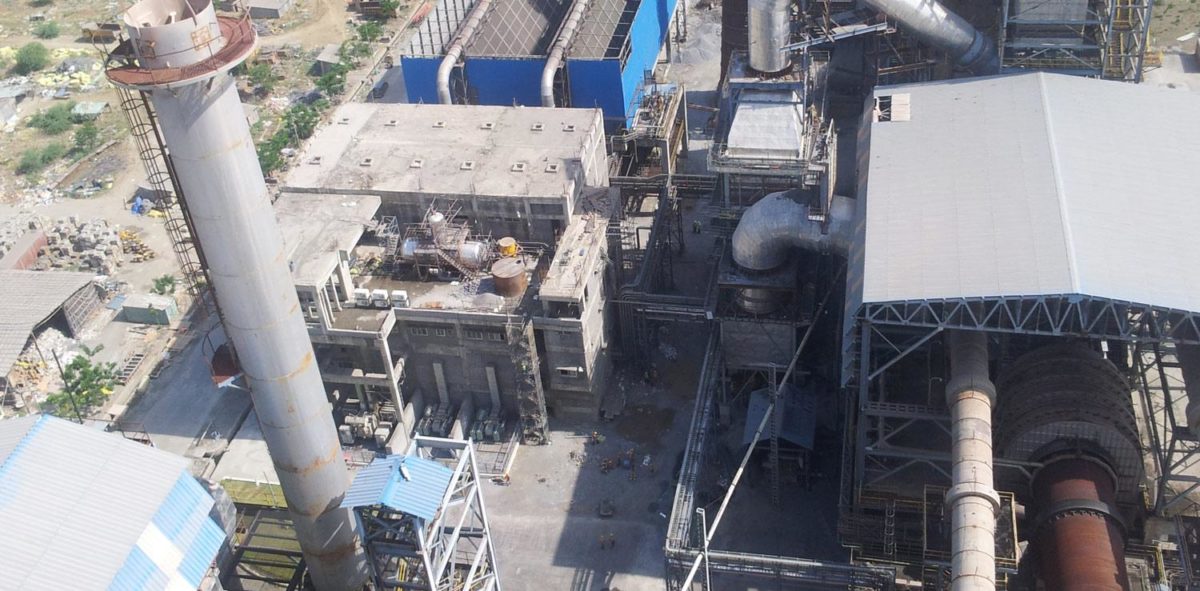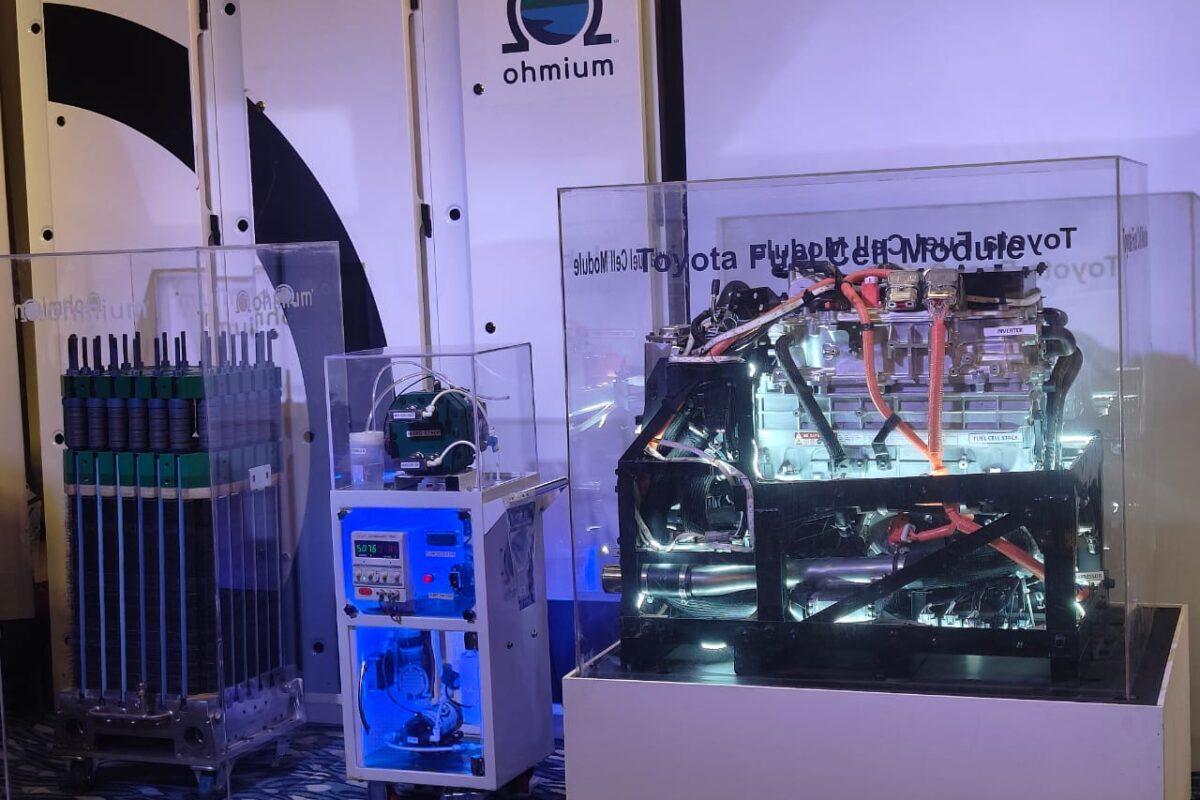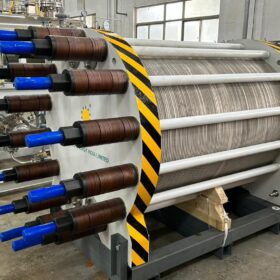A new report by Climate Group reveals that just 33 members of its EP100 initiative have avoided a cumulative one billion metric tonnes of CO2 equivalent (CO2e) to date, which is equivalent to more than three times the annual emissions of the UK. These businesses were able to lower emissions by using the latest technologies, improving processes, and digitizing their energy use in factories and offices.
Collectively, they are saving over US$200 million annually, cutting unnecessary overheads and building resilience.
EP100 is a global business initiative led by international non-profit the Climate Group in partnership with the Alliance to Save Energy, bringing together major companies such as UltraTech, Mahindra & Mahindra, and Godrej Industries with international headquarters. There are now a total of 105 members of the EP100 initiative, including those committed to owning, occupying, or delivering net-zero carbon buildings by 2030.
The report, titled 2020 EP100 Progress and Insights, analyses the latest data of 33 EP100 member companies committed to doubling their energy productivity or implementing a smart energy management system.
It reveals 360 million tonnes of CO2e was avoided in the last year alone – equivalent to taking 77 million cars off the roads for a year.
Divya Sharma, India Executive Director, the Climate Group, said, “There’s an enormous economic opportunity for India as we rebuild after COVID-19 and work to lower the emissions intensity of our GDP.
“By moving quickly to stop energy waste in their factories and offices, EP100 member companies are lowering emissions and boosting the bottom line, proving that economic growth and cleaner cities go hand in hand.”
Among Indian companies, UltraTech Cement surpassed its goal for doubling energy productivity well ahead of its year 2035 target timeline. The company made significant investments in energy efficiency across its manufacturing operations, including upgrading clinker coolers, implementing variable frequency drives to manage electricity flow, and introducing new waste heat recovery systems.
Earlier this year, Mahindra Heavy Engines Ltd announced it had met its EP100 goal for doubling energy productivity in just four years. Measures include energy-efficient lighting and ventilation, motors and appliances, as well as the use of alternative fuels and smart metering for monitoring energy consumption in real time.
This content is protected by copyright and may not be reused. If you want to cooperate with us and would like to reuse some of our content, please contact: editors@pv-magazine.com.









By submitting this form you agree to pv magazine using your data for the purposes of publishing your comment.
Your personal data will only be disclosed or otherwise transmitted to third parties for the purposes of spam filtering or if this is necessary for technical maintenance of the website. Any other transfer to third parties will not take place unless this is justified on the basis of applicable data protection regulations or if pv magazine is legally obliged to do so.
You may revoke this consent at any time with effect for the future, in which case your personal data will be deleted immediately. Otherwise, your data will be deleted if pv magazine has processed your request or the purpose of data storage is fulfilled.
Further information on data privacy can be found in our Data Protection Policy.